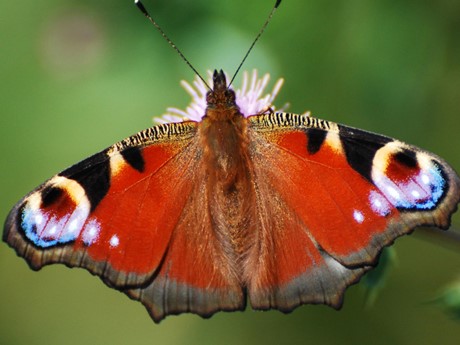Estimating the ability of plants to plastically track temperature-mediated shifts in the spring phenological optimum
Tansey et al. 2017
Scientists at the University of Edinburgh used more than 200,000 Nature’s Calendar records to explore whether plants will continue to leaf or flower at the best time for growth (also known as the optimum phenology), as temperatures rise in the future. The flexibility of a species to shift the time it grows, in response to temperatures changing, is called plasticity. It was concluded that seven of the 22 studied species (wood anemone, silver birch, alder, cuckooflower, beech, ash, and cocksfoot) are likely to be to keep up with changes in their optimum timing through plasticity. However, four species, including the native bluebell and garlic mustard, may not be able to track the optimum timing for growth through plasticity. This could put these species under pressure to adapt rapidly through natural selection.
Read the full paper in Global Change Biology
